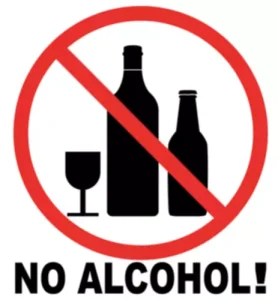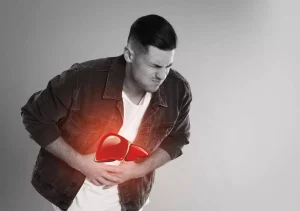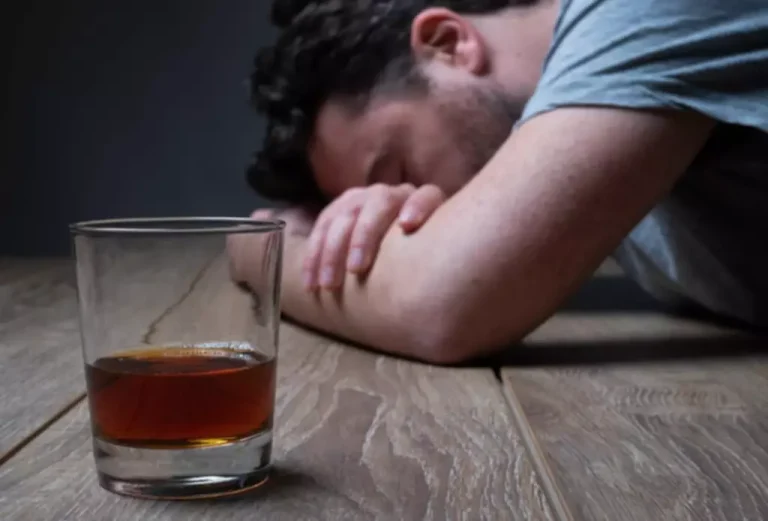
Replacing alcohol and drug addictions with candy is a useful tool to include in your recovery toolbox. However, you have to make sure that you do not allow candy to become a new addiction. The notion of using candy as substitutes for alcohol cravings sounds like a bad joke, something that would end with the punchline “chocoholic.” That’s okay—you don’t have to take our word for it. Let’s examine the experiences of others in recovery, along with a few expert opinions.
- In fact, sleep deprivation affects your eating habits in some pretty remarkable ways.
- Whether recovering from alcoholism or drug addiction, this mindset can take us down a dangerous path.
- Understanding the link between alcohol and sugar cravings is crucial for individuals in recovery.
- This is because alcohol and sugar share similar reward pathways in the brain.
- If a newly sober person feels their eating habits aren’t supporting their recovery or mood- it’s time to take a look at these habits.
Mindful Eating and Nourishing the Body
Fine tuning your eating habits and lowering your sugar intake is secondary. And I was left with my sober lifestyle—and all the lovely health benefits that have come with it. Experiencing sugar cravings is common for people with substance abuse issues. Sugar affects the brain’s neurotransmitters, similar to the dopamine rush caused by drinking.
Can Trazadone Be Addictive?

This drop creates a need for a quick energy boost, often fulfilled by consuming sugary foods and beverages. Sugar can provide an immediate source of why do alcoholics crave sugar energy, similar to the quick effects of alcohol. This substitution helps satisfy the desire for a reward and provides a temporary sense of pleasure.
The Neuropsychology of Cravings

Comprehending that sugar cravings are a common side effect of quitting alcohol will aid in its management. These cravings are unbeknownst to many, invading subtly with symptoms like persistent thoughts of sugary food, anxiety, restlessness, and even mood swings. Many individuals in recovery experience emotional challenges, such as anxiety and depression, as they adjust to a life without alcohol. Sugar can act as a temporary mood booster, providing a sense of relief and comfort during these difficult times.

Navigating The Effects Of Alcohol Abuse On Families
Excessive caffeine intake can actually increase sugar cravings due to fluctuations in blood sugars and dehydration. The good news is, it is possible to get to a place where you don’t feel controlled by the sweets in your house. Typically, I see sugar cravings tapering down within a few weeks with the proper nutrition and hydration. If a newly sober person feels their eating habits aren’t supporting their recovery or mood- it’s time to take a look at these habits. Alcohol can make you feel calm, relaxed and even euphoric, which can keep you reaching back for glass after glass.
Stages of Alcoholism
Seeking assistance from healthcare professionals, support groups, therapists, or counselors can provide valuable guidance and help individuals navigate their recovery journey. Breaking the cycle of alcoholism and sugar cravings is a journey that requires patience, perseverance, and support. By seeking assistance and exploring healthier alternatives, individuals can pave the way towards a balanced and fulfilling life. Many individuals recovering from alcohol addiction often experience intense sugar cravings. This phenomenon can be attributed to various factors, including both biological and psychological elements. Alcoholism is influenced by a combination of genetic, environmental, and behavioral factors.
- Psychological factors also play a role in the relationship between alcohol use disorder and sugar cravings.
- I see many people quit the booze, but then pick up another addition- sugar, cigarettes, caffeine, social media, sex, shopping, gambling, codependent relationships.
- One of the key nutritional factors in the connection between alcoholism and sugar cravings is blood sugar dysregulation.
- These cravings can be attributed to several factors, including the impact of alcohol on nutrient absorption and the body’s attempt to regain nutritional balance.
- Identify early signs of alcoholism in a loved one and learn strategies for intervention and support.
Seeking guidance from a healthcare professional or a registered dietitian can provide personalized recommendations for a nutrient-dense diet. Sugar cravings in recovering alcoholics can lead to a relapse if not https://ecosoberhouse.com/article/10-major-physical-signs-of-alcoholism-to-watch-out-for/ managed properly. Giving in to these cravings can be dangerous, as the sugar high can mimic the effects of alcohol, making it vital for individuals in recovery to find healthy ways to satisfy cravings [3].
Nutrient Deficiencies
- In this article, we’ll discuss everything you need to know about alcohol withdrawal, including its symptoms, duration, and treatment.
- Exercise can help stabilize blood sugars, reduce stress and anxiety, and increase muscle mass and metabolism.
- Another aspect to consider when understanding why recovering alcoholics crave sugar is the role of nutrient deficiencies.
- For that matter, as we’ve also noted above, there are many different elements in play as regards sugar cravings.
- Therefore, it’s always best to consult your treatment providers about it so they can inform you on what to expect.

